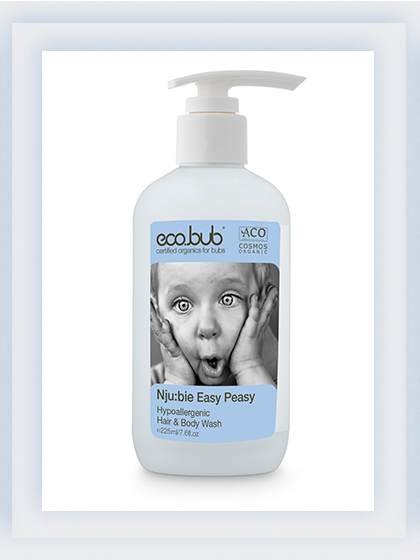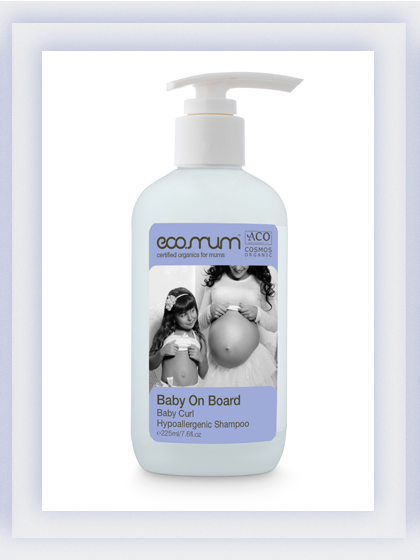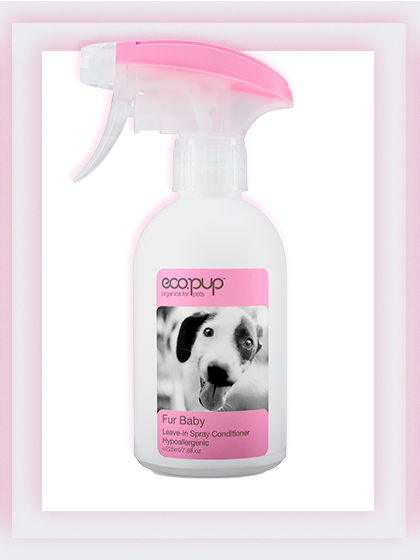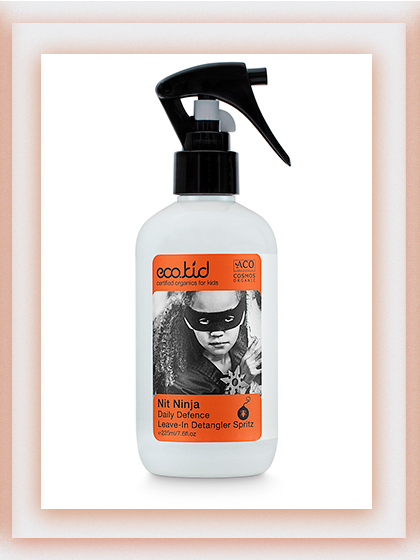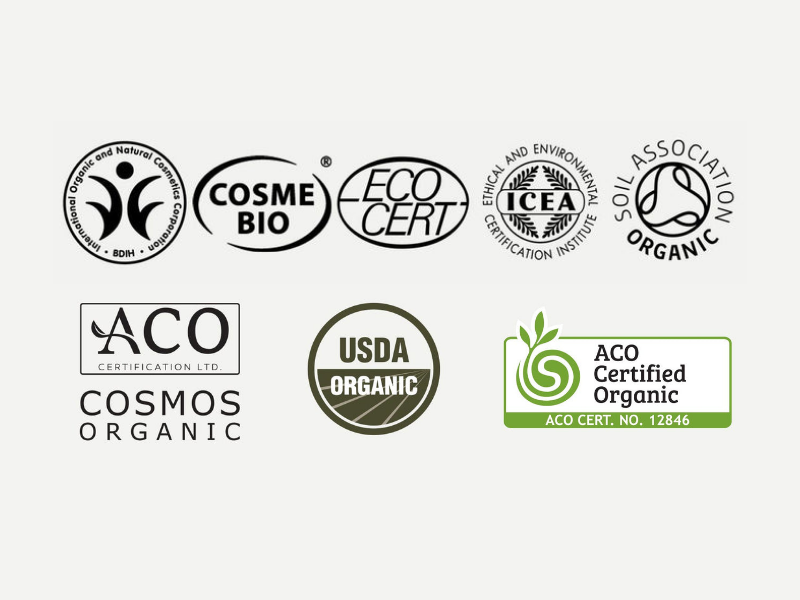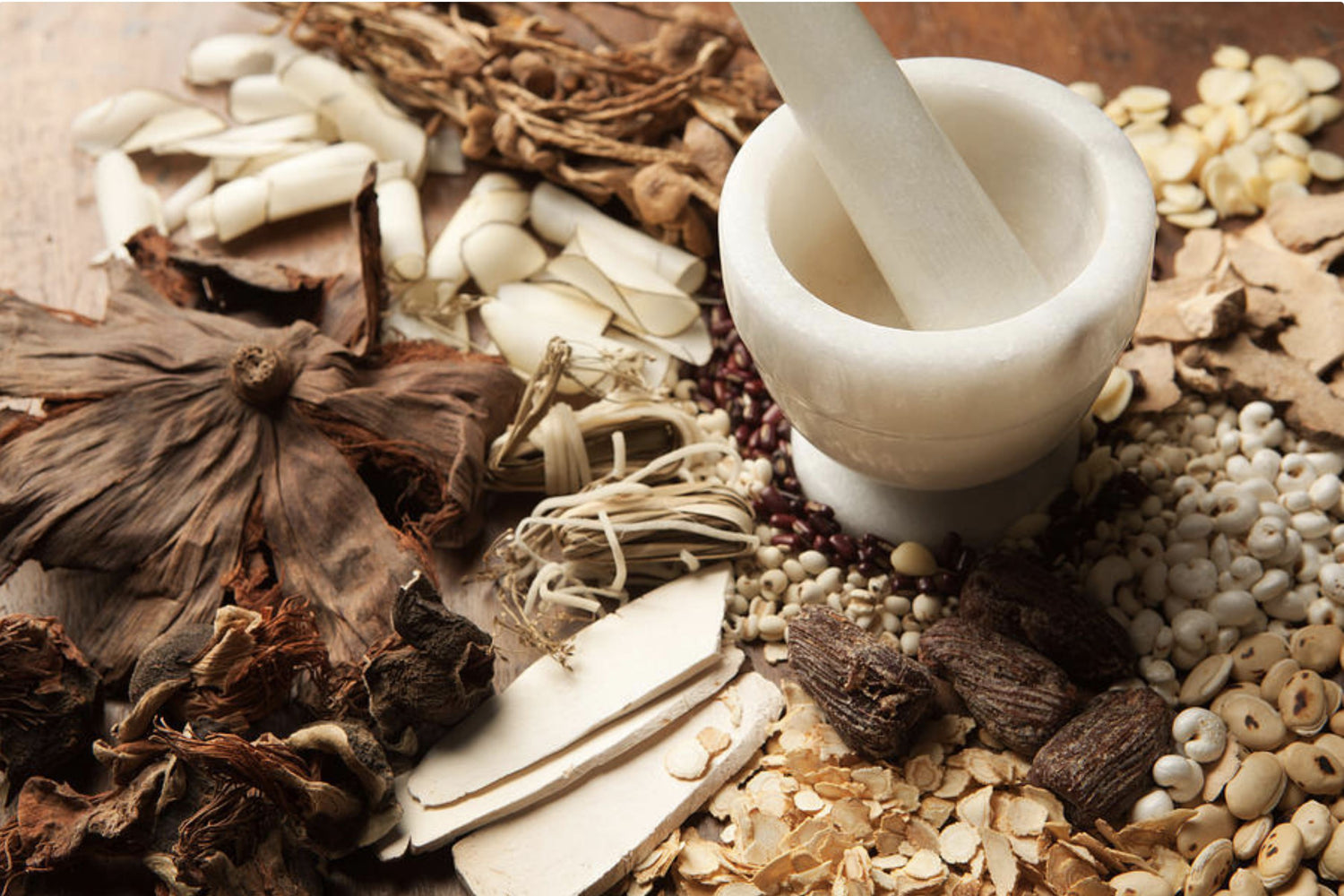Many of you wouldn’t remember that Hollywood Pictures / Cinergi Pictures / Buena Vista (all now part of The Walt Disney Company) film from 1992 “Medicine Man” starring Sean Connery and Lorraine Bracco but it’s well worth looking up. The plot involves a field researcher trying to isolate the cure for cancer that seemed to exist in are yet undiscovered natural source in the Amazonian rainforest, but the progress of a logging company road threatens to destroy that source before its potential to cure cancer is realised. It is a metaphor of how human progress threatens to obliterate any hope of finding the solutions nature freely offers humanity to our biggest problems.
There is a sub-plot in the film as well that explores the relationship between Connery’s character, the western pharmaceutical field research scientist, and the medicine man from the local indigenous community. It explored themes of trust, respect and the value of traditional wisdom that is sometimes ignored in our modern world.
It is a fantastic film from now 30 years ago. If you haven’t seen it, look it up on your streaming service or YouTube.
https://youtu.be/uiAYkLLYGAo
I have always had an interest in and deep respect for the ancient plant-based wisdoms that are held in some of the oldest civilisations on earth … including South America, Africa, Asia, the Pacific and our own indigenous Australian aboriginal culture.
This interest and respect was transformed into a deep life-changing passion when I worked in India. My time working with and learning from Dr. Uniyal and Dr. Katiyar over four years were enlightening and a pivotal moment of my formulating career. Their combined understanding of the unique combination of Botany, Ayurvedic Traditional Medicine and Modern Medicinal use of plants inspired and influenced me vastly.

Respect is about asking what we can learn from someone else. I was shown how to learn from ancient Ayurvedic plant use and practices and then think how they can inform our modern practices. How do we bring ancient Ayurvedic plant wisdom into modern scientific cosmeceutical formulating?
In many ways, I was taught at this time to think about the relationships between different perspectives. Every plant can be viewed from a botanical perspective, a pharmacological perspective and an Ayurvedic Medicinal perspective. This gives a richer understanding of every plant as whole plants … not just a plant that contains a chemical that does “x” or “y”.
With that richer understanding, you become aware of the holistic nature of plants. How they are grown and harvested will have a profound impact on the benefits they deliver. Unless the plant is grown organically or natively in its evolutionary intended environment (Wild Harvested), the plant often fails to create the active medicinal qualities (Secondary Metabolites) for which it may be legendary.
Mother Nature is a complex chemical laboratory. She needs all the correct soil conditions, microbial companions in the soil, and in many cases the environmental challenges that life throws at the plant to survive in its native habitat.
The wonderful medicinal, healing, nurturing, antioxidant, anti-inflammatory, protective actives found in plants are called Secondary Metabolites. They are produced as a direct effect of the plant defending itself from environmental challenges such as intense UV exposure, extreme heat, extreme cold, fungal attack, insect attack, drought, animal grazing, etc. These challenge-events in a plant's life have caused the plant to evolve over the millennia to produce the various chemicals to protect itself and flourish in a particular environmental setting.
Further, the plant roots produce "exudates”. These are fluids that feed and nurture certain types of beneficial microbes (bacteria, fungi, yeasts) in the soil that the plant requires to survive. This is known as a symbiotic relationship.
Most root exudates, including primary metabolites (sugars, amino acids, and organic acids), are believed to be passively excreted from the roots on a constant low-level basis in order to maintain the beneficial soil microbes, however, here is the important bit:
Plants can modify the concentration of exudates they excrete in order to influence the microbial environment in the soil around them.
In other words, the plant switches on and controls the beneficial bacterial growth around its roots as and when required. In turn, these microbes produce the vital chemicals the plant requires to produce its medicinal actives. The plants cannot create these medicinal qualities without the correct microbiome being present in the soil.

Take the plant out of its natural habitat or grow it synthetically and all of the beneficial secondary metabolites may not be produced.
Similar to the human gut microbiome which lives symbiotically within each of us, the microbial life in the soil exists in a symbiotic relationship with the plants. Both need each other to create beautiful chemistry!
Additionally, the plant component (leaves, roots, stem, flower) must be harvested at the correct seasonal time in order for the beneficial actives to be present. If a plant is not harvested correctly then the secondary metabolites will not be present.
Finally, the plant biomass (leaves, roots, stem, flower) must be processed in a form that maintains the often-times most sensitive fractions of sought after active secondary metabolites. These processes, when done correctly, preserve these actives so that they can become bioavailable to the skin and scalp.
Beware of counterfeit plants!
I learned during my travels in India and Bhutan of many examples where unsustainable sourcing or off-season wild harvesting of medicinal plants was abundant. This results in inferior products for consumers and devastation to the local ecosystem.
Further, there was a great deal of fraudulent doctoring of essential oils, plant essence, and dried powdered extracts. Unscrupulous traders would pass-off faux precious oils by diluting the required oils with mineral oil, or other plant oils of similar fatty acid profile. The final oil would contain none of the active secondary metabolites required.

Sometimes the plant extracts, oils, and powdered actives are partially, or entirely counterfeit, as are many of the organic certificates. It would be very difficult for a manufacturer to independently assess these anomalies. Again, ancient culture has long had the answer. Personal relationships with networks of trusted growers and suppliers become vital.
For the consumer of beauty and personal care products made from these ingredients, it is virtually impossible to know the real status of the ingredients in the formulation. This is where independent third party auditing becomes incredibly valuable. Certification bodies like COSMOS have specialist auditors who verify formulations and the integrity of ingredients. This does not stop at an ingredient level but extends to where and how a plant is grown as well as how it was cared for and harvested.
I have an enormous personal debt of gratitude to Dr. Uniyal and Dr. Katiyar for being wonderful mentors during my time in India. It has given me a deeper respect for all ancient plant-based wisdom and how to think of it in a holistic way as I approach the task of formulating personal care products.
First Published on LinkedIn on February 23, 2022
https://www.linkedin.com/pulse/respecting-value-ancient-plant-based-wisdom-peter-francis/?trackingId=XMnmeEXrQfmg4r91remO2A%3D%3D









